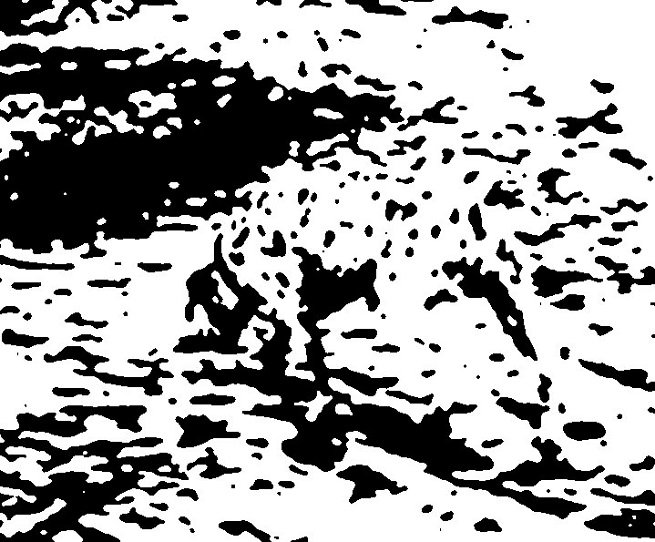Gestalt psychology (psychology of image and form) with representatives of M. Wertheimer, B. Kohler, K. Kofka does not launch new proposals for the subject and methods of psychology, but they focus on the structure of the phenomena studied and outline the principles of interaction between image and background. Gestalt psychology uses concepts formulated by nontraditional physics - gestalt - a dynamic field in which all elements are interdependent. Gestalt psychology introduces the third paradigm in scientific psychology: integrity - a part that determines the priority of the integrity of its parts - integrity imparts the meaning of its parts. Gestalt psychologists develop the concept of meaning, an important step forward in the development of scientific psychology. Initially, the principles of gestalt psychology are derived from the research of the perceptual processes, but gradually cover other areas as subject, thinking, etc. , and later have a significant impact on the psychology of personality, social psychology and sociology.
The greatest contribution in this respect is K. Levin, the creator of so-called topological psychology and the new areas of research - the dynamics of personality and group dynamics. Unlike Werthheimer, Kohler, and Kofka, K. Levin believes that here is the category of attitude, not the category of mental image. For this he investigates the non-psychic / non-perceptive / processes, the person's emotional sphere. The motif is the second term used by K. Levin. It works on how needs become motivated. When a need arises, the individual studies the environment and builds an assessment of the site to meet the need. That is why K. Levin says that the motif always includes the activity of the individual and his choices. The motif is an element of the dynamic mental field that expresses the interaction between the individual and the environment; it is directed not to the study of the person but to the structure and dynamics of the group. In his view, the group is a union of people, among whom there are processes of liking to co-operation / short acceptance / if there are no such processes, there is no group, but an occasional multitude. He defines the structure - a leader, an outsider, a formal and informal group; develops his theory of group dynamics by examining the role of the reder to form a group life. K. Levin is mostly present with his theory of group dynamics and the introduction of the category of attitude, obligatory in the presentation of mental space.
As the upper limit of the emergence of humanistic psychology in the United States, we adopt the mid 70s and more precisely 1973, when the first American historical academic study on humanistic psychology as a complete movement was published, and in Russia its open disclosure only became possible mid-80s and early 90s. The "Third Power" does not arise as a scientific direction by accident at the height of the wave of social and political changes in the United States in the early 1960s. The creation of the American Association of Humanistic Psychology at the time coincided with the so-called "Social Revolution of the 1960s" and with the reign of young President Kennedy. The humanistic movement in psychology turned out to be a legitimate result of a whole series of cultural and scientific trends characterizing American society from the early 20th century to the mid-1960s. Representatives of humanistic psychology are K. Rogers, A.Massow, S. Buhler, G. Olford, H. Murray, Kelly, G. Murphy, Rubenstein, A. Brousslinski, В. Znakov, Vl. Polycarpov and others.

You got a 26.67% upvote from @upme thanks to @godflesh! Send at least 3 SBD or 3 STEEM to get upvote for next round. Delegate STEEM POWER and start earning 100% from your share, daily payouts ( no commission ).
Quick delegation links: 25SP | 50SP | 100SP | 250SP | 500SP | 1000SP | 2000SP | 5000SP | Custom Amount
INSPIRATIONAL POST LOVED IT HOPING TO SEE MORE
GUYSSS DO FOLLOW ME TO GET AMAMZING FOOD BENEFITS I AM A FOOD BLOGGER AND GET UNKNOWN FACTS